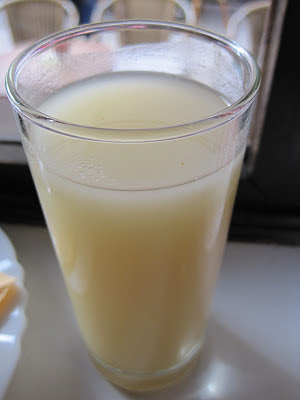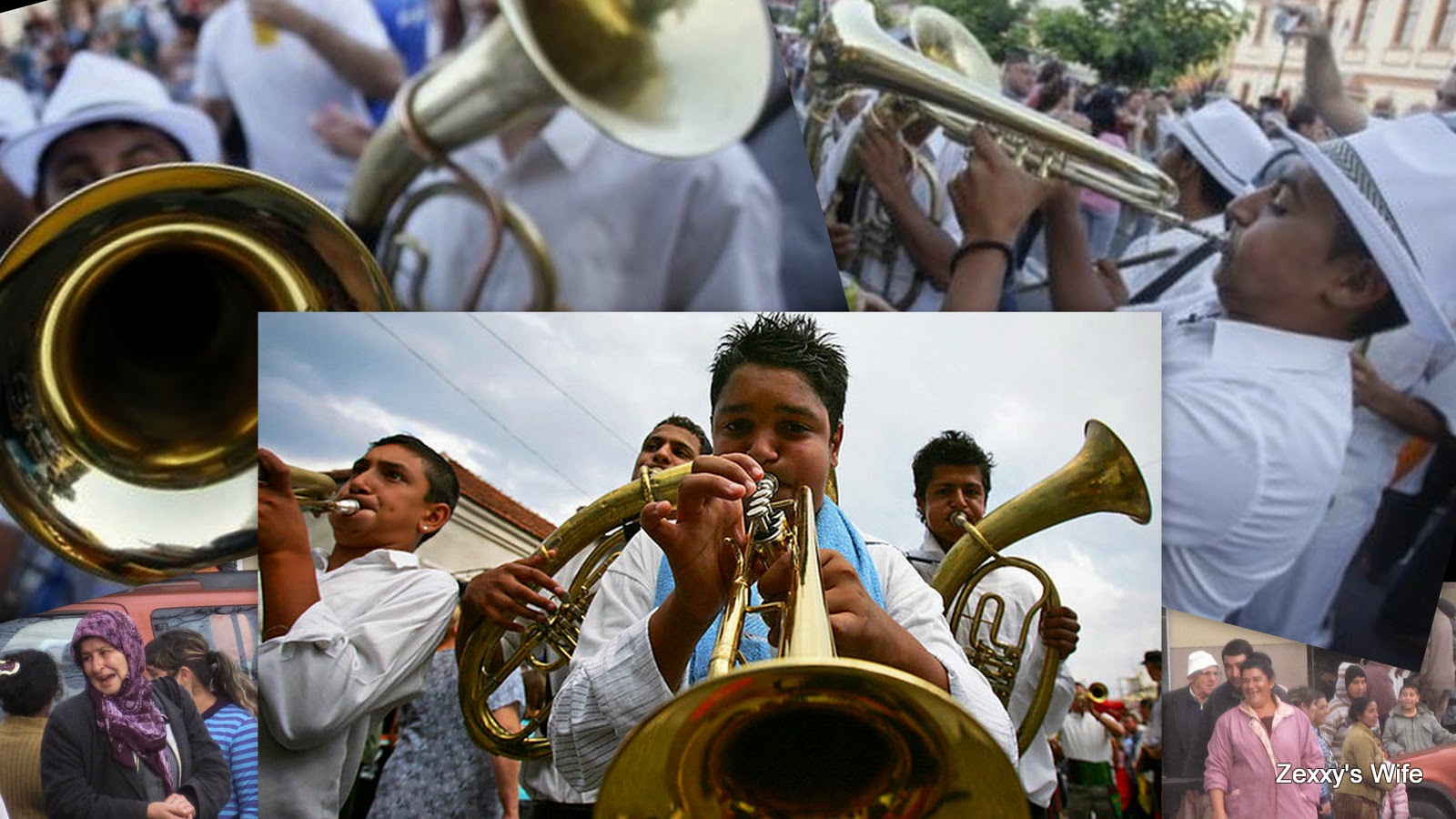Homemade World Sodas - natural way

People enjoyed refreshing taste of seducing sparkling drinks for centuries. From old Europe and Middle East to New World and America, sweet bubbly drinks had their history and evolution, and some of them are still relatively unknown for the rest of the world.
Boza (an unique sparkling drink made of corn) originated in an area of Central Asian Turks in tenth century. There were many alcoholic version of boza, some even opium infused, from Middle East and certain regions of Eastern Europe. But there is also refreshing non alcoholic version that is so popular around Balkans and is actually legacy of Otomans that ruled there for centuries.
In the other part of the world, Ginger soda or Ginger beer (or ale), originated in Ireland and England, and was brought to America in 18th century where it became very popular until today.
Italian cream soda, contrary to its name, was not invented in Italy but apparently by some Italian immigrants in San Francisco. They brought flavored syrups from Italy, that became actual base for those sodas. The real Italian-made soda is called chinotto and is carbonated drink with a bitter taste made from juice of native Italian citrus-myrtifolia. Most of the other Italian bitters are also made from this fruit, like Campari.
For a lighter version of these sodas, substitute sugar with any sugar replacement like xylitol (however, note that you can only replace 3/4 of your sugar, the 1/4 part of real sugar is required for yeast fermentation).
~~~~~~~~~~~~~~~~~~~~~~~~~~~~~~~~~~~~~~~~~~~~~~~~~~~~~
Boza - Corn Soda
Non alcoholic, refreshing soda-like drink made from corn meal. This one is a version from Balkans. It can be drank in almost any Sweets or Cake store in Bosnia and Macedonia, or any Oriental-influenced pattiseries around Serbia and Croatia.
Ingredients:
1/2 kg (1 lb) of corn wholemeal flour
5 l of warm water
30 gr of fresh yeast, 20 gr dry
1/2 kg (1 lb) of sugar or other sweetener to the taste
Preparation:
Hot water is poured into the bowl with a corn flour and left overnight The next day cook the mixture for about 3 hours with occasional stirring.
When cool add the yeast. Again it is left to stand until the next day.
The next day add sugar. Stir until sugar is dissolved. Pour into the bottles but do not close tightly to prevent explosion. Store in a cool place.
It is often consumed in combination with lemonade (half-half)
~~~~~~~~~~~~~~~~~~~~~~~~~~~~~~~~~~~~~~~~~~~~~~~~~~~~
This basic recipe for Ginger Ale (soda) is taken from Jeff Potter's very interesting and funny book Cooking for Geeks.
Ginger Lemon Soda
1 + 4 cups of water
3/4 cup of sugar
1 cup of ginger, finely chopped
1/2 cup of lemon juice
1/2 tsp of yeast
First create a ginger syrup by bringing 1 cup of water, sugar and ginger to a boil and simmer for 15 minutes. Strain it to remove ginger pieces and transfer to a 2-litres bottle. Add rest of the water, lemon juice and yeast. Close it with a lid, shake to combine and let it rest on a room temperature for two days. Refrigirate and drink.
Some diferent flavouring can be made by adding mint or lime instead of lemon.
~~~~~~~~~~~~~~~~~~~~~~~~~~~~~~~~~~~~~~~~~~~~~~~~~~~~~~
For this next recipe, real vanila bean infused in water instead of vanilla extract could be more genuine solution.
Italian cream soda - vanilla flavour
1 l bottle
1/2 cup of sugar
2 tsp of vanilla extract
1/4 tsp of yeast
Water
You can serve it with an ice-cream on top.
Lavander/Rose variation
Other ladies favourite drink flavours dating from the middle ages are rose and lavender. If that's the case, you should soak lavender or rose petals (rose essence can be substituted, but it's not that genuine) in a water over night and than proceed as with a ginger.
- ~~~~~~~~~~~~~~~~~~~~~~~~~~~~~~~~~~~~~~~~~~~~~~~~~~~~~







Comments
Be safe!